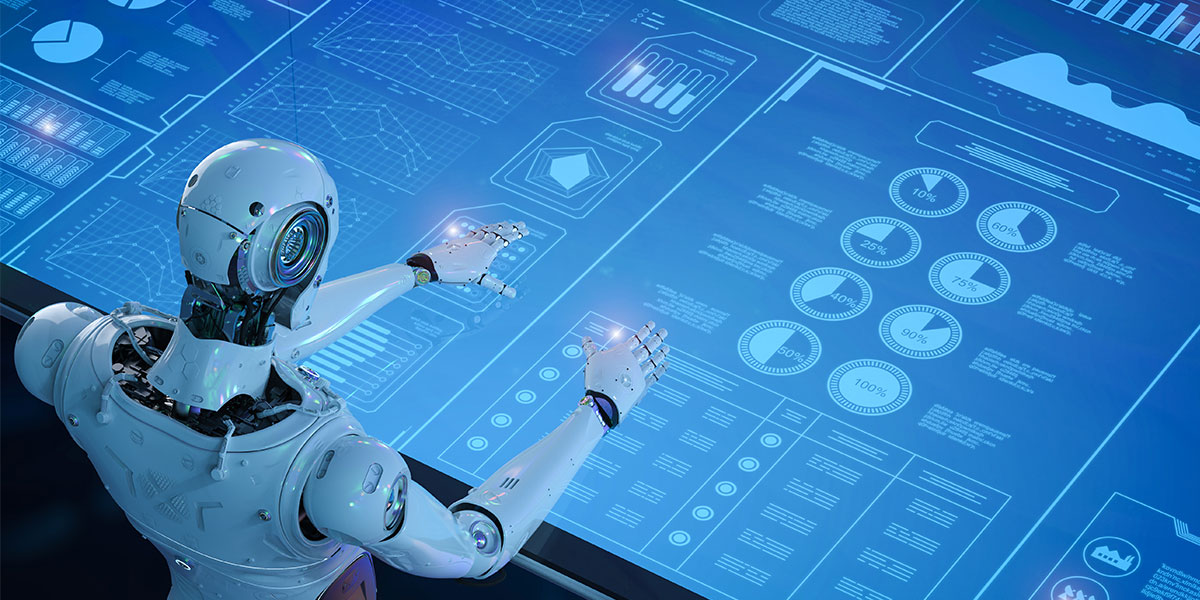The Future of Workplace In the Age of Automation
In this era of technological advancement and digitization, automation is continuously reshaping the future of the workplace. Today's automation is not just about machinery and robots replacing human labor and taking over repetitive and mundane tasks. With the revolution in artificial intelligence and machine learning algorithms, automation has evolved to coding, content creation, data analysis, and other technical aspects.
Some important stats about the future of the workplace in this age of automation:
1. By 2025, automation in the workplace will affect nearly 85 million jobs in at least 15 sectors, splitting work equally between manual labor and automation. (Source)
2.80% of business executives proactively plan to implement new technology while automating tedious and repetitive processes at work. (Source)
3. By 2030, the global AI market is expected to grow from its current $136.6 billion worth to $1,811.8 billion. (Source)
4. As per the reports of research and the market, Virtual reality is anticipated to be used by 65% of contact centers by 2025 to interact with clients. (source)
How automation benefits the workplace and reshapes its future?
Automation is transforming the way we work, creating new business opportunities and challenges for businesses and employees as well.
From finance and accounting to HR departments, automation already has a significant impact on the modern workplace by taking over several tasks and allowing employees to focus more on creative, strategic, and value-adding tasks.
Let's have a look at some of the major benefits automation offers in the workplace:
1. Increased efficiency:
Automation performs tasks faster and with great accuracy than humans. It increases efficiency and productivity within the workplace.
2. Improved quality:
The machine performs tasks with no errors. Hence reduce the risk of human error and deliver high-quality output.
3. Increased flexibility: Automation helps to increase flexibility in the workplace by working around the clock. Automating a task helps businesses to operate 24 hours and meet the customer needs and demands more effectively.
4. Enhanced safety: Automating high-risk tasks enhances safety in the workplace and reduces the risk of injuries and accidents.
5. Employee satisfaction: Automating repetitive or monotonous tasks enable employees to focus on more creative work. It leads to increased job satisfaction and motivation.
6. Better decision-making: Automation enables businesses to get real-time data and insights. It helps them to make better decisions and improve the performance of employees in the workplace.
How automation will affect the workplace :
The advancement in automation and the future of the workplace have been a topic of debate for decades. Some believe that automation will completely replace manual labor in the workplace. While others think that automation and AI will create more job opportunities than they eliminate.
Let's look at some facts to have a better understanding of how automation affects job performance, satisfaction, and productivity in the workplace,
Workplace productivity and satisfaction increased by 8.5% and 3.5%, respectively, thanks to wearable technology.
60% of organizations have chosen a hybrid work model after the pandemic.
The average person has more than three internet-connected devices.
By 2025, digital transformation investments will reach $2.8 trillion.
About 70% of Americans are hopeful about rising automation in the workplace.
About 75% of executives intend to hire more people for positions in digital security.
By 2025, AI augmentation will support 97 million employment.
Key Takeaway
According to the reports of the World Economic Forum, AI will create 97 million new jobs by 2025. So, it's time to upscale your skills and creativity.
However, the role of automation in the workplace will only increase, but it will not benefit the jobs that require critical thinking and creativity. It shifts the manual work towards more creative, strategic tasks that add value to automated work.
Automation will increase the number of technology-focused jobs in the workplace and unlock opportunities for professionals with expertise in blockchain, IoT, VR (virtual reality), and cognitive computing.
Automation is changing the future of the workplace, presenting significant challenges to businesses that want to attract employees with the right skills to adapt to technological innovation. For businesses, looking for top talent in this environment, quicker hiring processes, competitive employee benefits, and flexible recruitment techniques will be essential.

















